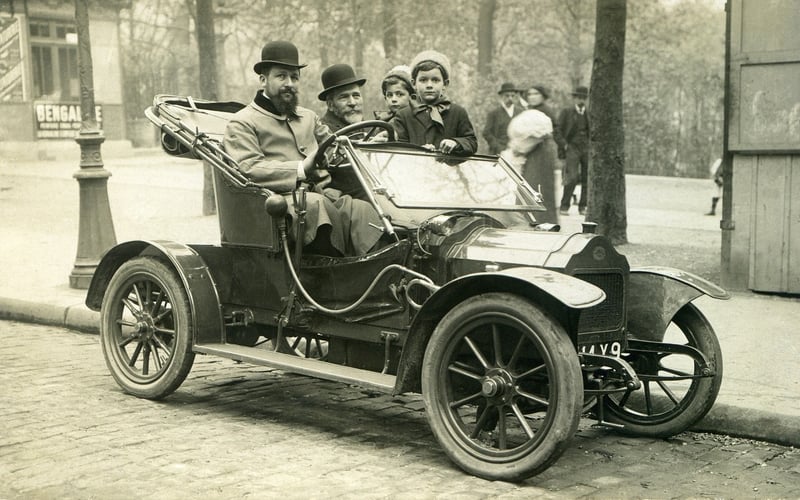Industrial Revolution
Exploring Historical Periods: The Industrial Revolution
History is a tapestry woven with diverse periods that have shaped the world we live in today. One of the most transformative eras in human history is the Industrial Revolution, a period marked by profound technological advancements and societal changes. Let's delve into this fascinating epoch and understand its impact on our modern civilization.
The Industrial Revolution: A Turning Point
The Industrial Revolution emerged in the late 18th century and continued well into the 19th century. It originated in Britain and soon spread to other parts of the world, revolutionizing industries, economies, and lifestyles. This period witnessed a shift from agrarian and manual labor-based societies to industrialized and mechanized systems.
Key Innovations and Technologies
During the Industrial Revolution, groundbreaking inventions revolutionized production processes. Innovations like the steam engine, spinning jenny, power loom, and mechanized agriculture techniques transformed manufacturing, transportation, and agriculture. These advancements increased efficiency, leading to mass production and urbanization.
Social Impact and Urbanization
The Industrial Revolution brought about significant social changes. Rural populations migrated to cities in search of employment in factories, leading to urbanization. This shift from rural to urban living spurred the growth of cities and the development of infrastructure to support the expanding populations.
Economic Transformation
Economies transitioned from agrarian-based to industrialized, with a focus on manufacturing and trade. The emergence of factories, specialized labor, and new production methods fueled economic growth and created wealth. The Industrial Revolution laid the foundation for modern capitalism and the global economy.
Exploring Other Historical Periods
While the Industrial Revolution was a pivotal era, history is replete with other significant periods that have shaped human civilization. From ancient civilizations like Egypt, Greece, and Rome to the Renaissance, Enlightenment, and Industrial Age, each era has left a lasting impact on culture, science, and society.
Discovering Diverse Cultures
Exploring different historical periods allows us to understand the rich tapestry of human culture and heritage. From the arts and literature of the Renaissance to the scientific achievements of the Enlightenment, each period offers unique insights into the human experience and the evolution of civilization.
Learning from the Past
Studying historical periods provides valuable lessons for the present and future. By examining past successes, failures, and innovations, we gain perspective on current challenges and opportunities. History serves as a guide, helping us navigate the complexities of our rapidly changing world.
Embracing History's Legacy
As we reflect on the Industrial Revolution and other historical epochs, we recognize the enduring legacy of human ingenuity and progress. These periods remind us of our capacity for innovation, adaptation, and resilience in the face of change. By embracing history's legacy, we can chart a course towards a more prosperous and enlightened future.

History is a continuous journey of discovery and evolution, with each period contributing to the collective narrative of humanity. By exploring different historical epochs like the Industrial Revolution, we gain a deeper understanding of our past and a clearer vision for the world we aspire to create.
Let us embark on this enlightening journey through history, embracing the lessons of the past as we forge ahead into a future shaped by the echoes of bygone eras.
